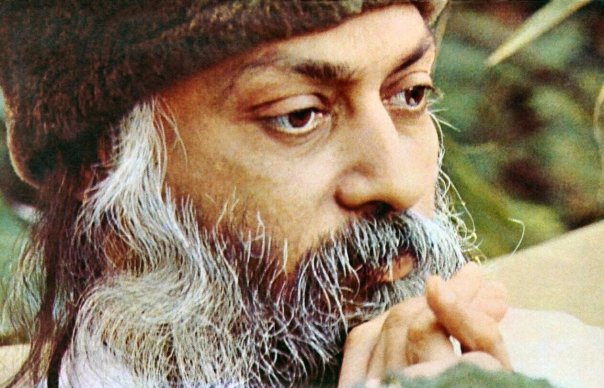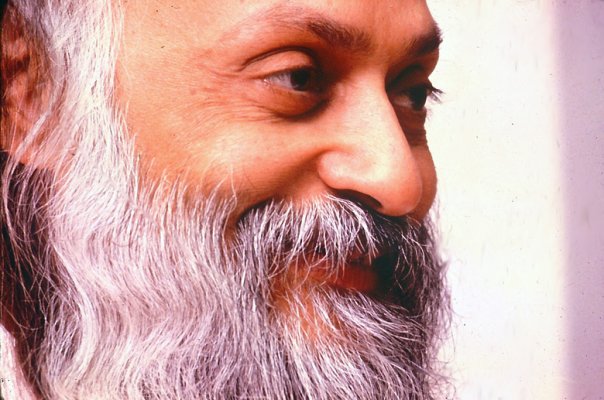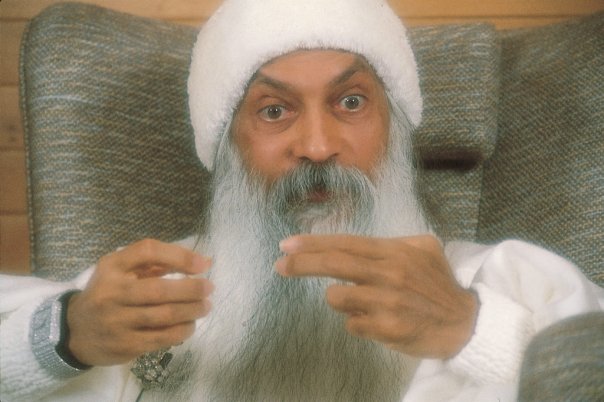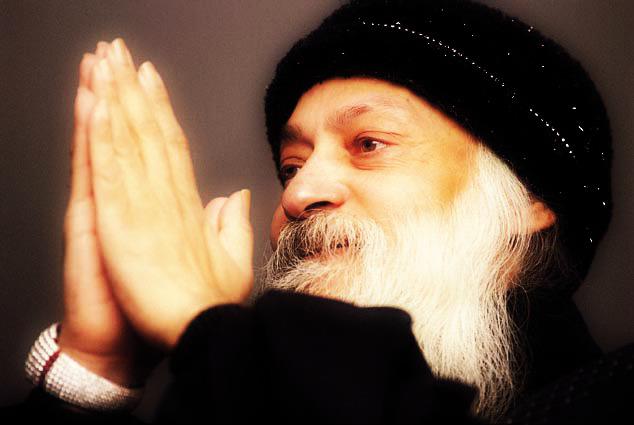Osho – Likes and dislikes simply say that you think yourself separate from existence. A man who has dropped his ego has no likes and no dislikes. Then whatsoever is the case he rejoices in it. If he finds himself in poverty he rejoices in poverty, because there are beauties, a few beauties, which can be found only in poverty. If this man finds himself rich he rejoices in richness, because there are a few beautiful things which can be found only when you are rich. If this man finds himself young and healthy he rejoices in it, because a few things are possible only when you are young. And this man rejoices in old age too, because there are a few things which only old age can impart to you. One thing is certain: that he has no preferences, he does not hanker that this should be such and such. He makes no conditions on existence. He lives unconditionally, rejoicing in whatsoever happens.
To carry likes and dislikes is to carry prejudices, and everybody goes on carrying prejudices. That’s why nothing ever makes you contented. Even Buddha’s father was not happy. He was unhappy because his son had moved on a wrong path; meditation to him was a wrong thing. He was desiring that his son become a great emperor; that was his deep ambition. Buddha was his only son, and one day Buddha escaped. I have every suspicion that the reason for his escape must have been his father. When you have only one son and then too, he is born when you are very old…. Buddha’s father was very old when he was born. That was the last chance; one or two years more and there would have been no son at all. And his mother died immediately upon giving birth to Buddha; she was also getting old and this birth must have been too much.
Buddhists have made a beautiful story out of it. They say that whenever a buddha is born his mother is bound to die. That’s how people create stupid stories. There have been many buddhas. Mahavira’s mother did not die, but if you ask the Buddhists they will say, “That simply proves that Mahavira is not a buddha.” Jesus’ mother did not die, Lao Tzu’s mother did not die — but to the prejudiced mind that simply proves that these were not buddhas. Whenever there is a buddha the mother has to die; that has become the definition.
The real reason was: the mother was old, the father was old; this was the last chance. And they had lived a very miserable life because they had no son. And they had created a big kingdom: “Now to whom is this kingdom going to belong?” And when you have a child in your old age you cling to the child too much. The father must have been too possessive: that’s MY feeling of why Buddha had to escape. The father must have been the cause, he must have been too much of a bondage. He had made great palaces for Buddha and he wouldn’t allow him to leave them. He had made every arrangement in the palaces, all kinds of pleasures. In fact he made too many arrangements and Buddha got fed up very quickly; he was only twenty-nine when he left the palace.
People usually become fed up by the end of their lives; it takes time to experience life. Buddha’s father managed to provide him with all possible pleasures. Beautiful women — all the beautiful women in his kingdom were brought to the palaces to serve Buddha. The best wine, the most beautiful women, marble palaces, musicians, poets, dancers… a continuous merry-go-round. Twenty-four hours a day Buddha was drowned in pleasures. Anybody who has any intelligence would escape. It became too tiring, it became too boring, it became such an ugly scene. He was fed up with it, so he escaped.
Buddha’s father was angry, very wounded. He wanted him to become a king and he became a buddha. He was not happy. In his own mind, to be a king was a greater thing than to be a buddha. To have more money and more fame — worldly fame — was more important to him than to be a meditator and attain to samadhi. These words must have looked like nonsense to him; he must have been a down-to-earth materialist.
But this is not only so with Buddha; people are never contented with anything. If your son turns out to be a thief you are angry, if he turns out to be a buddha you are angry. It seems it is not possible for you to be happy. If your wife is too faithful you are fed up, if your wife is not faithful you are angry. If your husband is absolutely obedient you are finished with him; if your husband is continuously quarreling, fighting, you are finished with him, too. It seems man’s mind has such likes and dislikes that it is impossible for him to be in a contented state.
An old woman died and went to heaven. When she arrived there Saint Peter asked her where she would like to stay. She said, “I would like to be near the Virgin Mary.”
So Saint Peter put her into the same apartment house as the Virgin Mary. One day she walked over to the Virgin Mary and said, “There is one thing I have always wanted to say to you.”
Mary said, “Yes, what is it?”
The old woman said, “It must have been wonderful to have given birth to a man who is proclaimed a god throughout the world!”
Mary said, “Well, I would have liked it better if he had been a doctor.”
Yes, that’s how man is — nothing seems to satisfy. Nothing ever seems to give you joy, because you are already carrying some likes and dislikes — and existence has no obligation to fulfill them. It has never promised to fulfill your likes and dislikes.
If you really want to be blissful you have to drop likes and dislikes. Then you have to learn a different language to commune with existence. Whatsoever happens, enjoy it. Don’t bring your likes and dislikes. Your life can be a continuous dance, a celebration; otherwise you will live in hell.
Source – Osho Book “The Dhammapada, The Way of the Buddha, Vol 6”



